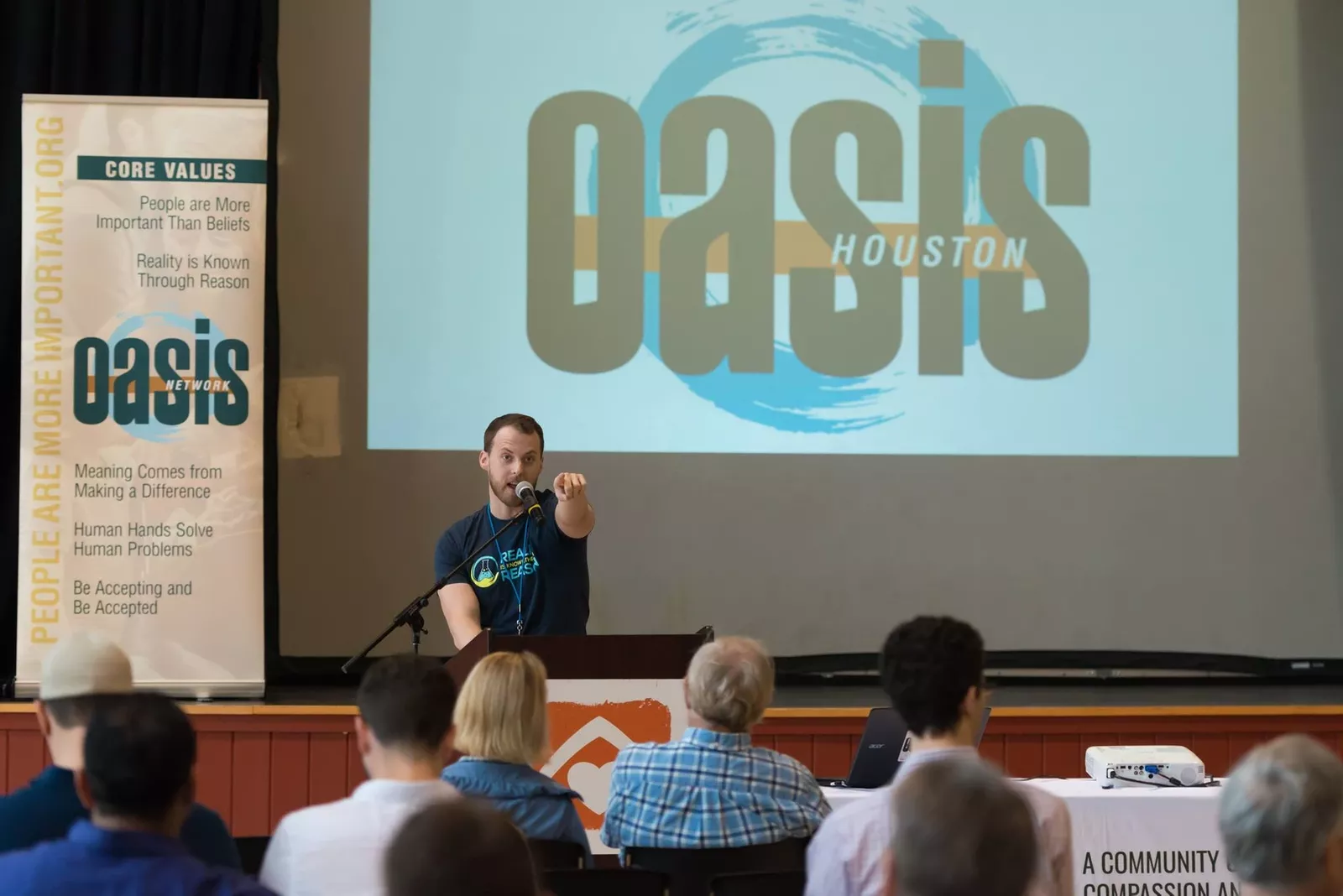Passion, Meaning, and Community
The phrase “find your passion” has always troubled me. It suggests that there is a singular passion for me to “discover.” One pursuit that will lead to a lifetime of career and personal bliss.
This hasn’t been my experience. Except for a few hyper-focused eccentric types, I suspect that many of us are actually multi-passionate. And that we don’t “discover” these passions as much as “cultivate” them.
In my 30 years of life, I’ve dabbled in youth ministry, journalism, marketing, entrepreneurship, software development, political advocacy...and the list goes on. And I don’t foresee this wandering nature changing. I used to think my restless ways were a problem. Then I found this quote from philosopher Bertrand Russell about his secret to happiness:
“Let your interests be as wide as possible and let your reactions to the things and persons that interest you be as far as possible friendly rather than hostile.”
According to Russell, I not only had permission to pursue varied interests, I should! It’s a key ingredient to a zestful life.
Before I could fully embrace my multi-passionate nature, however, I needed to experience a few shifts in thinking:
- I needed to dispose of the idea that passions must be developed exclusively through a job. Employers aren’t typically looking for a “jack of all trades.” And a job can’t provide me with every creative outlet I desire.
- Perfectionism had to go. I had to accept that being an amateur was OK. My new goal was to enjoy the process of learning and do something for its own sake, not for the praise. (I’m still bad at this one.)
- I had to figure out the best avenue for my various passions. After all, the “father of positive psychology,” Martin Seligman, says that the meaningful life comes not just from pursuing signature strengths, but pursuing them in the service of something greater than ourselves.
It was this final shift in thinking – pursuing strengths in the service of something greater than myself – that reminded me of a place growing up that allowed me to do just that. One place that allowed me to pursue hobbies, test ideas, and even develop new identities – the artist, the speaker, the organizer, etc... – all in the name of service.
That place was the church.
I wasn’t a professional teacher, but I got to speak to the congregation. I wasn’t a professional DJ, but I got to run sound. I wasn’t a professional youth counselor, but I got to work with youth.
Growing up in the church allowed me to cultivate passions that have led to a richer life. And while I’m no longer a Christian, I realize that Oasis provides this same opportunity
Here are just three reasons why Oasis, progressive churches, and secular gatherings (i.e. communities) are the perfect place to cultivate passions:
- Communities are a safe place to try something new
When I was a teenager, I was certain that I could be a breakout vocalist on the church praise team. I sang along to worship songs during my commute, memorized the lyrics, and knew every pitch change. Nothing would stop me from my success as “Tenor #3!” So, I joined the team...and guess what? I was terrible! It turns out that singing was NOT one of my “spiritual gifts."Still, the director gave me a chance. And I learned through this opportunity that it would be best to isolate my "performances" to the car and shower. The reason that I was willing to try singing is partly due to youthful hubris, but also, because great communities lessen the fear of failing by creating a low-stakes environment filled with encouragement and compassion. Take it from a former “Tenor #3,” when trying something for the first time, people need a lot of encouragement and compassion. -
Communities provide the motivation to improve skills
People are far more motivated when they see purpose in what they do. For example, I periodically create advertisements for my employer. Because I care deeply about our business, and because my work directly contributes to the success of that business, I'm much more motivated to improve my skills in marketing, copy writing, graphic design, etc... Communities provide this same environment. In churches, the motivation can be serving god or spreading the faith. At Oasis, the motivation can be contributing to our community or helping promote positive core values. - Communities help you deepen connections with others through service
Giving back is a great way to make friends! Some of my favorite memories of Oasis have been at a board meeting, marketing meeting, or volunteering at a Pride festival event. I’ve deepened my friendship with Rachel, the manager of this blog, as we worked toward the launch last week. With Jessica and Lynae on the merchandise team. James on data. Kimberly and Alexis on festivals. Rhonda on advertising. And many others that I would list if I wasn’t worried about post length! I also feel more connected to Oasis as a volunteer than I would if I was just attending. I suspect the same is true for volunteers at churches and other community organizations.
Here’s a paradox: Being in community can be the key to discovering your individuality. Volunteering at Oasis has provided me a place to self-actualize. To cultivate passions and develop my skills. And to find meaning in the pursuit of something greater than myself: creating community for the good of humanity.

